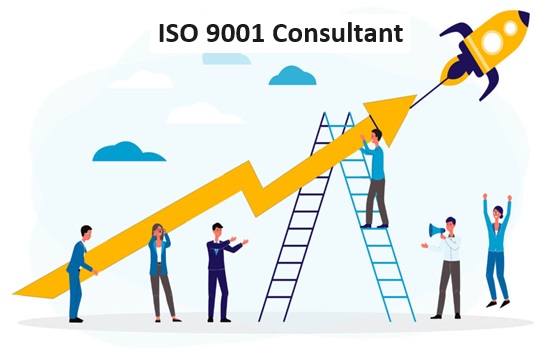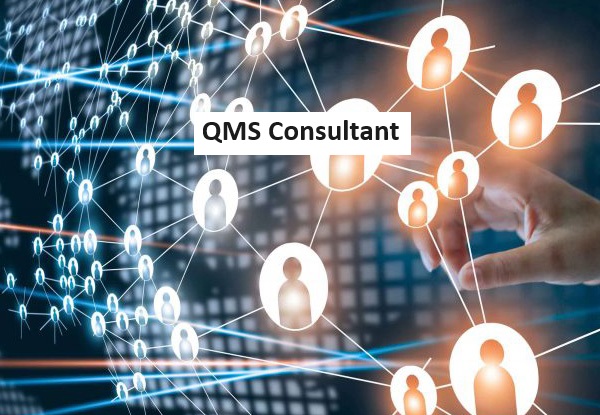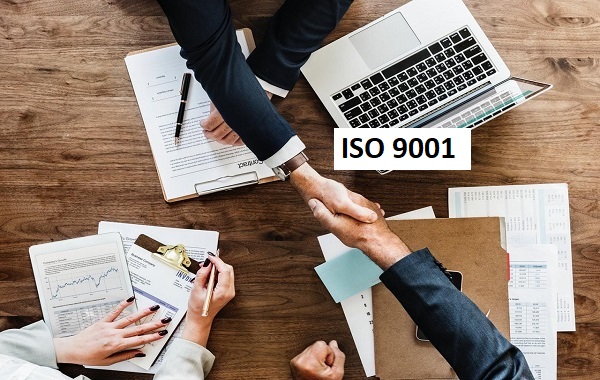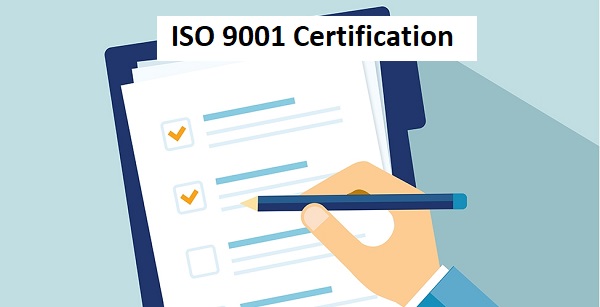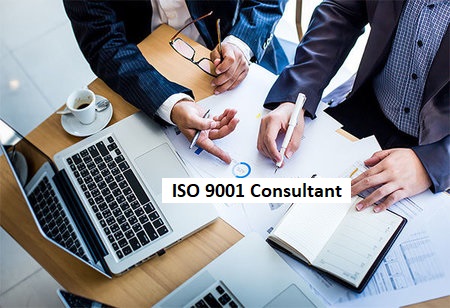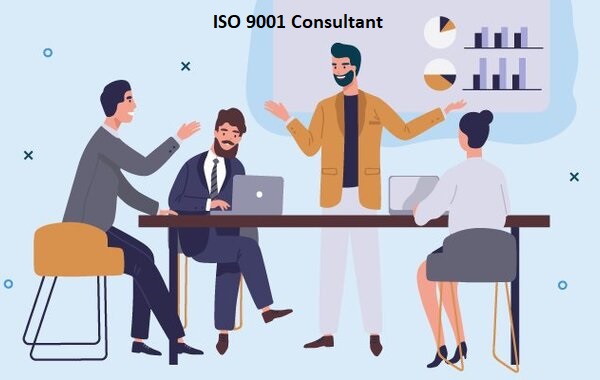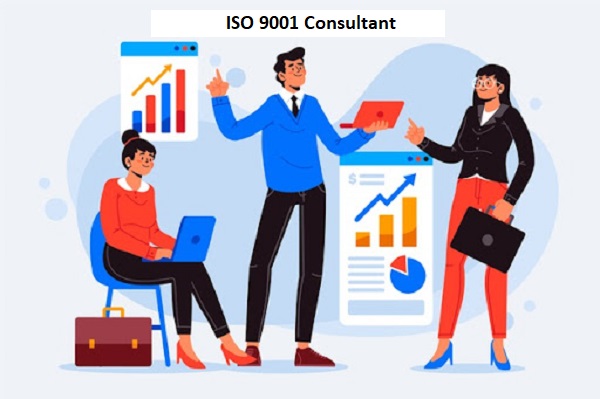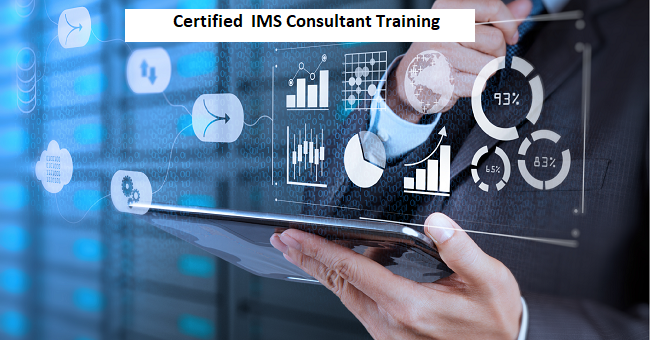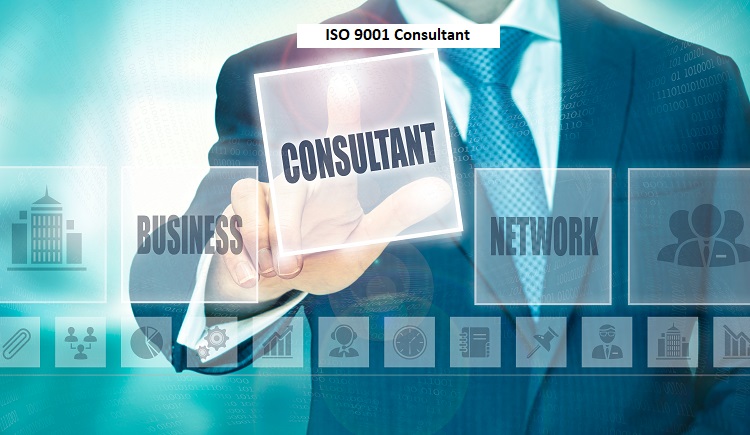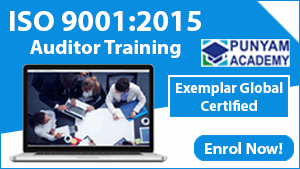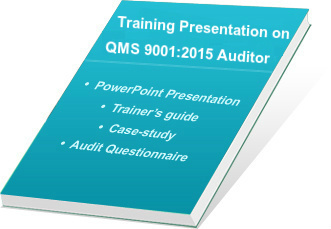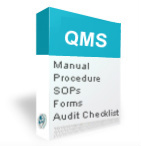The industry standard for business management and Quality Management Systems (QMS) is ISO 9001:2015. Many organizations use it as an “entry-level” to compete with larger organizations for business through formal tender processes. In the article What are the benefits of ISO 9001 for your employees? we not only looked at the advantages for the organization but also for the personnel. It should come as no surprise that ISO 9001 consulting can be in high demand given the many advantages of 9001 implementation, particularly in some business sectors or with SMEs (small and medium enterprises) that might not have the funds or resources to hire a full-time quality professional or even have their own QMS.
What Qualities are Necessary for ISO 9001 Consulting?
There are similarities between the work of an ISO 9001 consultant and the duties required of a QMS manager, as we discussed in our previous article, what is the job of quality management according to ISO 9001? To show that you are a good fit for any company considering hiring your services, you may need to demonstrate several qualities, regardless of whether you are creating a QMS from scratch or making sure an existing QMS complies with the requirements of the ISO 9001:2015 standard for audit purposes. Let’s examine each of these in more detail:
- Make Sure You Can Demonstrate Your Expertise and Experience: If you have no prior experience, it is extremely unlikely that an organization will hire you. If, on the other hand, you have experience developing and leading a QMS through external certification, you will have a much higher chance of being hired, even if this is your first consulting position. It will help to be able to cite organizations you have aided through ISO 9001 certification; formal recommendations from these organizations will bolster your case even further.
- Concentrate on Your Standard Knowledge: Nothing can persuade a prospective customer more than a consultant’s in-depth familiarity with the 9001:2015 standard’s subject matter. Combining your standard knowledge with your prior implementation experience will allow you to show the organization that you have the practical experience to guide them through the audit and implementation processes in addition to your standard knowledge.
- Make Sure You Stay Focused on Your Goals at All Times: The outcomes of your project will determine how successful your consultancy is in the end. Make careful you specify the precise nature of the project objectives at the outset and consider contributing to the process of creating them. A customer can feel more at ease and certain that your consulting services will provide the desired result if you are willing to set clear goals and measure your performance against them.
- Consider the Advantages of ISO 9001 in a Balanced Light: We talked about the advantages of implementation in the article Six major benefits of implementing ISO 9001. If your potential client doesn’t have a QMS, he or she likely has a single reason for setting one up, like following a customer’s instructions or applying for a tender, but it’s also likely that they are unaware of all the advantages that implementing ISO 9001:2015 can offer. At this stage, the consultant has the chance to showcase both the advantages of ISO 9001:2015 and their services at the same time, which may appeal to the potential client.
- Be Passionate: Enthusiasm and knowledge are both beneficial in the sale of consulting services. You will have far more success marketing your consulting services if you can explain to the client the advantages that ISO 9001:2015 can offer their company, both in terms of compliance and the extra skills and knowledge you can impart to the staff. It would be even more beneficial if you could describe how previous projects have helped other clients in similar ways. Stay upbeat, and you’ll stand a better chance of getting hired for a project.
For the ISO 9001 consultant training, you should understand lots of things like the ISO 9001:2015 quality management system’s requirements and subclauses, the knowledge and abilities needed to succeed as a management system consultant, risk management, gap analysis, audit records, QMS installation and certification, and useful management review procedures are all covered in this course.

